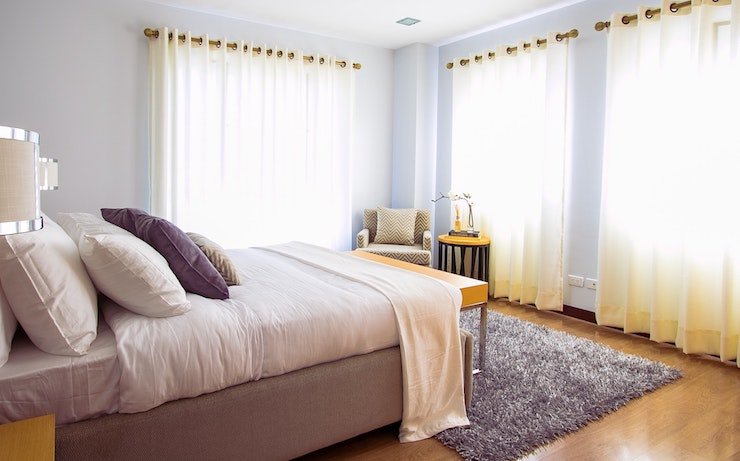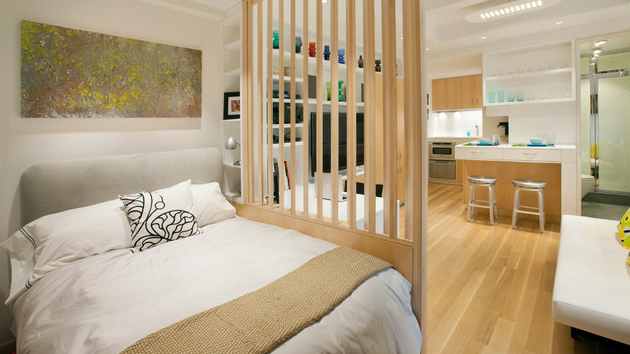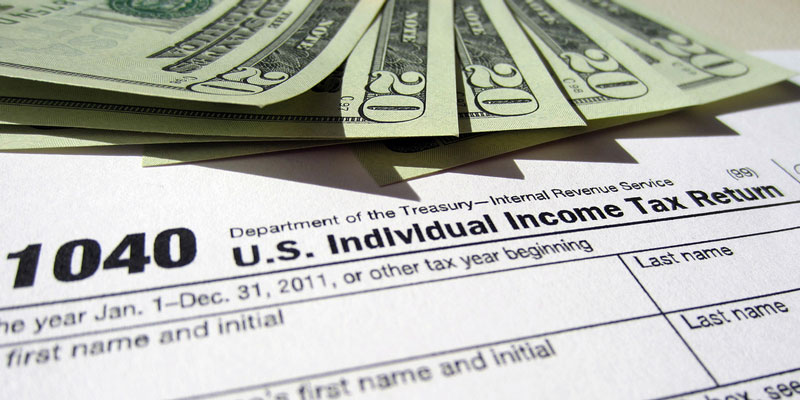Residential real estate is a popular alternative investment choice for many people. Single-family houses, condos, and apartment buildings are all viable options. However, many believe they aren't generating enough money as real estate investors. Can you maximize your earnings from a single investment property?
Yes, and that includes maximizing the profits from your rental properties. If you want to increase your profits, consider renting out individual rooms rather than the entire home. Renting out rooms allows you to collect rent from a larger number of renters. There are a few drawbacks to this renting, even though it has the potential to be a wonderful financial plan.
What's The Point of Room Service?

Most property owners only rent out entire homes to a single tenant or family. Whether you want to use the house as your primary residence or as an investment, this is a choice that may be worth considering. As the landlord and the renters, you will reap several benefits from renting out a multi-unit or single-family property.
The Fundamentals
Having several occupants means that rent may be split among those who live there, resulting in lower monthly payments for everyone. Let's pretend that the going rate for a three-bedroom apartment is $2,000 per month. A single renter might not require or be able to afford many such rooms.
However, if the Room were $800 a month, it might be more reasonable for most people. The renter will have their bedroom and use the shared kitchen, bathrooms, and other areas of the residence. In addition, if the landlord bills utilities individually, renters can divide the cost amongst themselves to lower their monthly payments even further.
Rapid Vacancy Rates
The cost of housing can be significantly reduced by moving in with roommates rather than renting a single unit. This is especially true for young individuals and those living alone, as space is at a premium, and rents may be quite high in major cities like New York.
Since it frees up funds that may be used to pay off student loans, fund a vehicle purchase, or put toward a down mortgage payment, this arrangement has become popular among millennials.
Most rooms may be rented for several hundred dollars a month in numerous cities around the country, while a nice apartment can cost at least $800. Therefore, it's nearly a no-brainer for those without children and few responsibilities to share a house with a few other people to save money.
Lifestyle Compatibility

Sharing a home with others calls for tolerance and adaptability, but it's also important that everyone's living habits be compatible. You probably shouldn't move in if you're looking for a peaceful area to work or study, but your roommates love throwing wild parties every night.
Ensure everyone is on the same page about the guest policy, cleaning responsibilities, and where food and personal goods should be stored. It's easier to get along with coworkers when they have comparable work schedules, personalities, and routines.
Extra Phone Calls
When determining whether or not to rent out your home room by Room, you need also think about the extra time and effort it will take to manage many renters, not to mention the potential for dispute and drama.
Even one tenant's late-night phone calls may be a major annoyance for a landlord. The more people live in one space, the greater the likelihood that something may break or that tensions would arise amongst residents. It's questionable if the benefits of renting out individual rooms rather than the full flat outweigh the costs.
Think about the increased wear and tear and potential evictions that may result from renting to more individuals. This might be a deal breaker for property owners seeking a passive income stream.
Hidden Cost
When estimating profits from a room-by-room rental, it's easy to overlook essential costs. The reason is that landlords often take care of grass maintenance, heating costs, and other items that would normally be charged to tenants. Landlords who fail to account for these costs may be surprised by their lacklustre return on investment.
Utilities such as water, gas, and electricity cannot be charged to a renter in several states unless their consumption has been precisely and separately metered. This is challenging to accomplish in a rental property with several occupants. The bill will ultimately fall on the landlord.
Summary
One strategy for real estate investors to enhance rental income is to rent out individual rooms. However, there are a few things to consider before implementing this plan. For instance, if two or more families move into a single dwelling, there is a higher chance of friction.
In addition, when renting out individual units, some costs can't be passed on to renters. These include utilities like water and electricity. A high vacancy rate may not be worth the trouble for some property owners.
watch next


